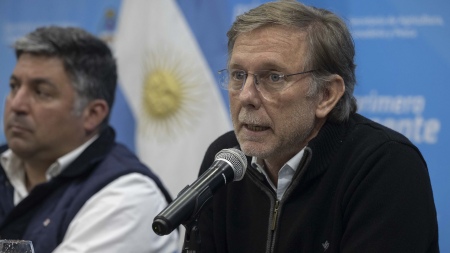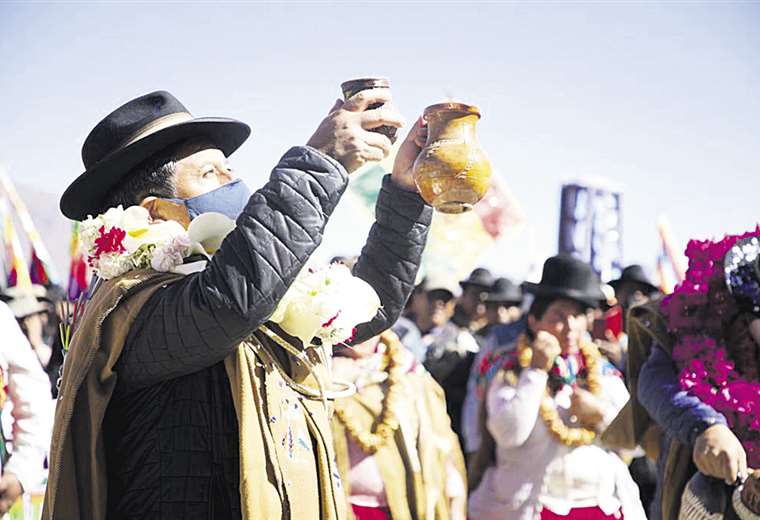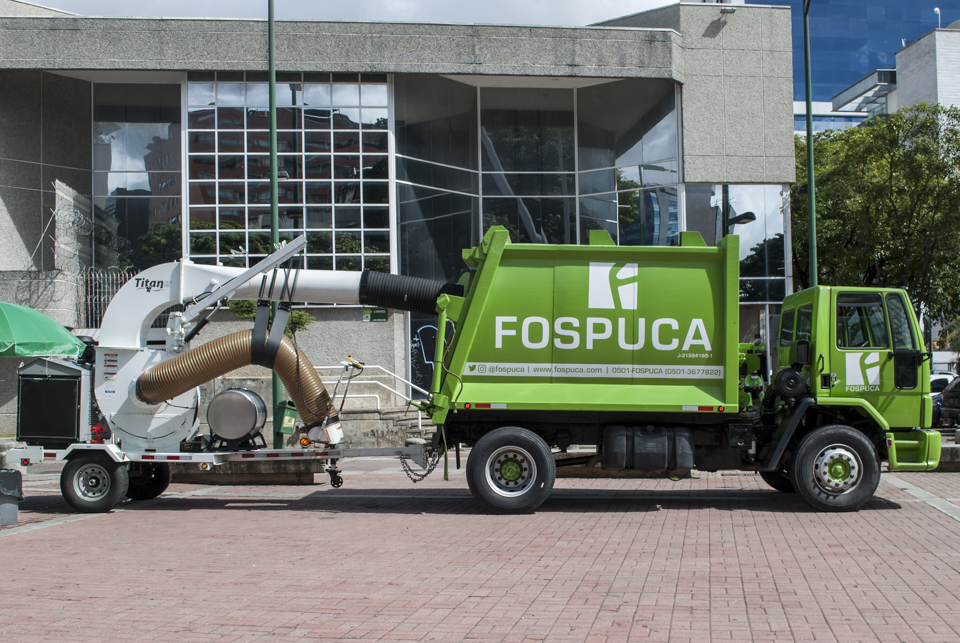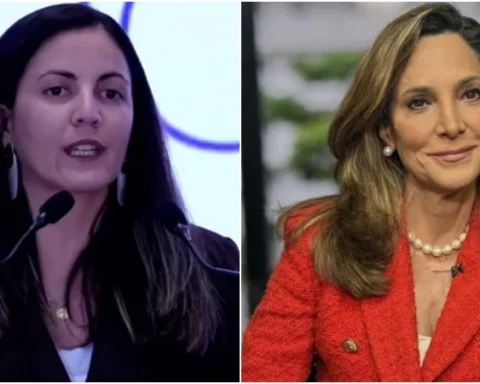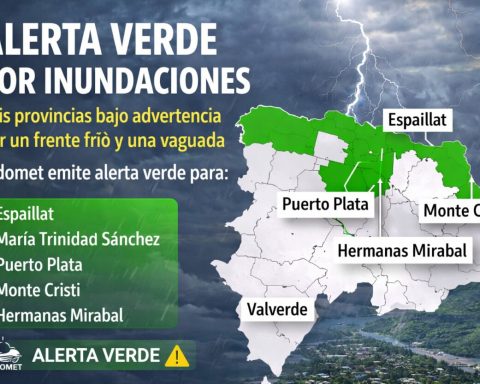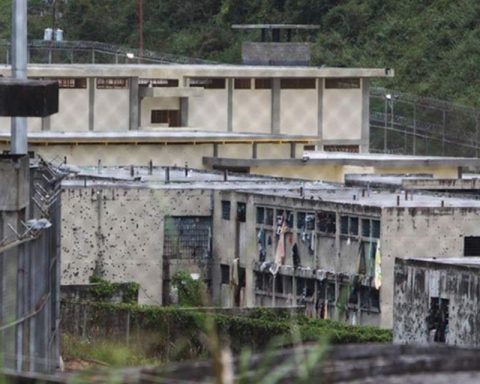The Secretary of Agriculture, Livestock and Fisheries, Juan José Bahillo highlighted this Saturday the meeting that the Government held last Friday with the Liaison Table, where the situation of the sector, impacted by the drought, was heard “first hand”; and he clarified that beyond the measures that will be taken in the coming weeks, “the production cycles are not reset in fifteen days or a week.”
“What you have to understand is that, apart from the fact that the rain now obviously brings relief and some calm, and that some other rain can be added next week, production cycles are not restored in a week or fifteen days”explained Bahillo in dialogue with Radio Continental.
The official, when exemplifying the medium-term effects of the drought, He cited the situation of livestock and grains.
“For the calf that is going to be missing in March because the cow did not get pregnant due to the lack of forage availability and because it does not have its proper body condition, we will have to wait a year to have it again because the pregnancy period of more than 280 days cannot be shortened”, he pointed out.
In the same case, he illustrated the situation of corn “which we will not have from March to May”, as well as that of wheat, for which “We will have to wait at least 10 or 11 more months” for a “normal harvest”.
“There are two axes that must be addressed. On the one hand, to see how the income that is going to be missing from the State is replaced, but also to see the profits of the producers”, stated Bahillo.
Regarding the latter, he affirmed that the State will work so that “producers do not get out of the system and stop being producers, both small, medium and those with greater capacity”.

For this, he anticipated that the generation of “tools to refinance liabilities” and financing “at low rates” for the working capital of the next campaign, in addition to “see all the tax facilities that can be brought to the producers”.
Last Friday the Minister of Economy, Sergio Massa, along with Bahillo and other government officials, received the representatives of the entities of the Liaison Table and the Argentine Agrifood Table.
There it was agreed that both parties will engage in a series of technical meetings next week to finish defining a package of measures for the sector that will be announced on February 1.
Bahillo announced that some of the points “to be analyzed” in financial and fiscal matters will be the advance of the Income Tax for the sector, in addition to “the suspension of tax execution trials and embargoes and the modification in the qualification of the producers in accordance with the resolutions issued by the Central Bank”.
“We are looking at how we can work with the provinces with transfers to generate revolving funds to reach the producers as quickly as possible”the official specified.
In this way it will search “have a work agenda and a battery of measures that allow alleviating this situation, and that the producer can continue sowing and working beyond the critical situation he is going through today”.
“We have an intense week of work and soon we should already be announcing and implementing the measures that they decide to take”, he reiterated.
Similarly, the official stressed that the Government I was already aware of the situationprior to the meeting.
In the Rural Society of Gualeguay, I met with producers and businessmen from different sectors of production. Public policies will always be more efficient if they are built from consensus. That is why I consider these spaces for dialogue so important. pic.twitter.com/0jBIB8n5fB
— Juan José Bahillo (@JuanjoBahillo) January 21, 2023
“It’s not that we saw him on Friday but we were already seeing and analyzing it. That is why we summoned other officials from areas such as Banco Nación because we knew that one of the issues was refinancing,” said the head of Agriculture.
In addition to the general measures that are under study for agriculture, Bahillo also referred to the price of meat.
I affirm that “the price of a live kilo plateaued” while “inflation accelerated” since last April, but since November both trends “matched up”:
“We hope that the price of meat is restored and that this is gradual and sustainable. It seems to me that it is the best for the sector and the chain”, he concluded.
